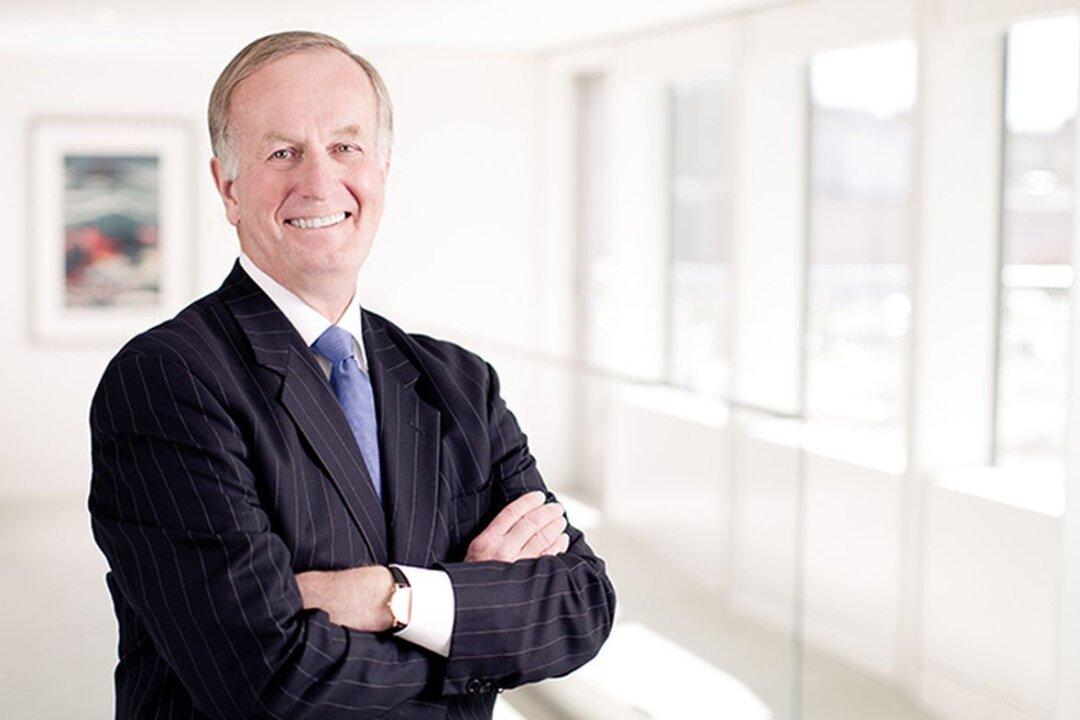A lawyer who advised former U.S. President Ronald Reagan will become the next U.S. Ambassador to Australia, the U.S. Senate decided on Jan. 3.
The U.S. Senate approved the appointment of Arthur Culvahouse Jr. during the final hours of the 115th Congress. Starting from March Culvahouse will replace acting U.S. Ambassador James Carouso, who temporarily filled the position after the 2017 departure of former U.S. Ambassador John Berry.





